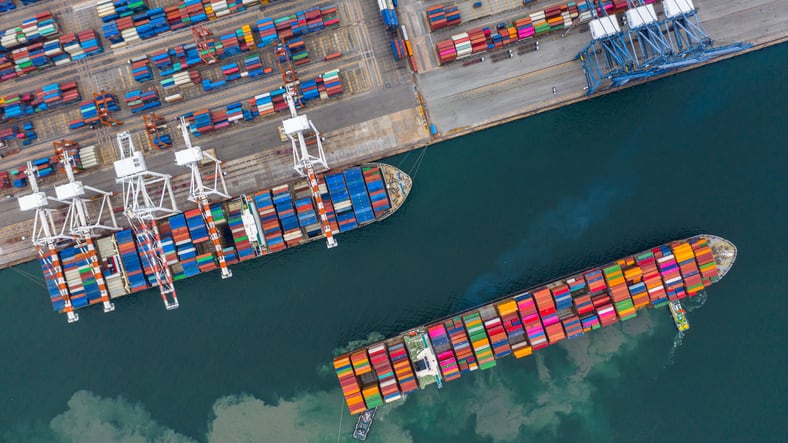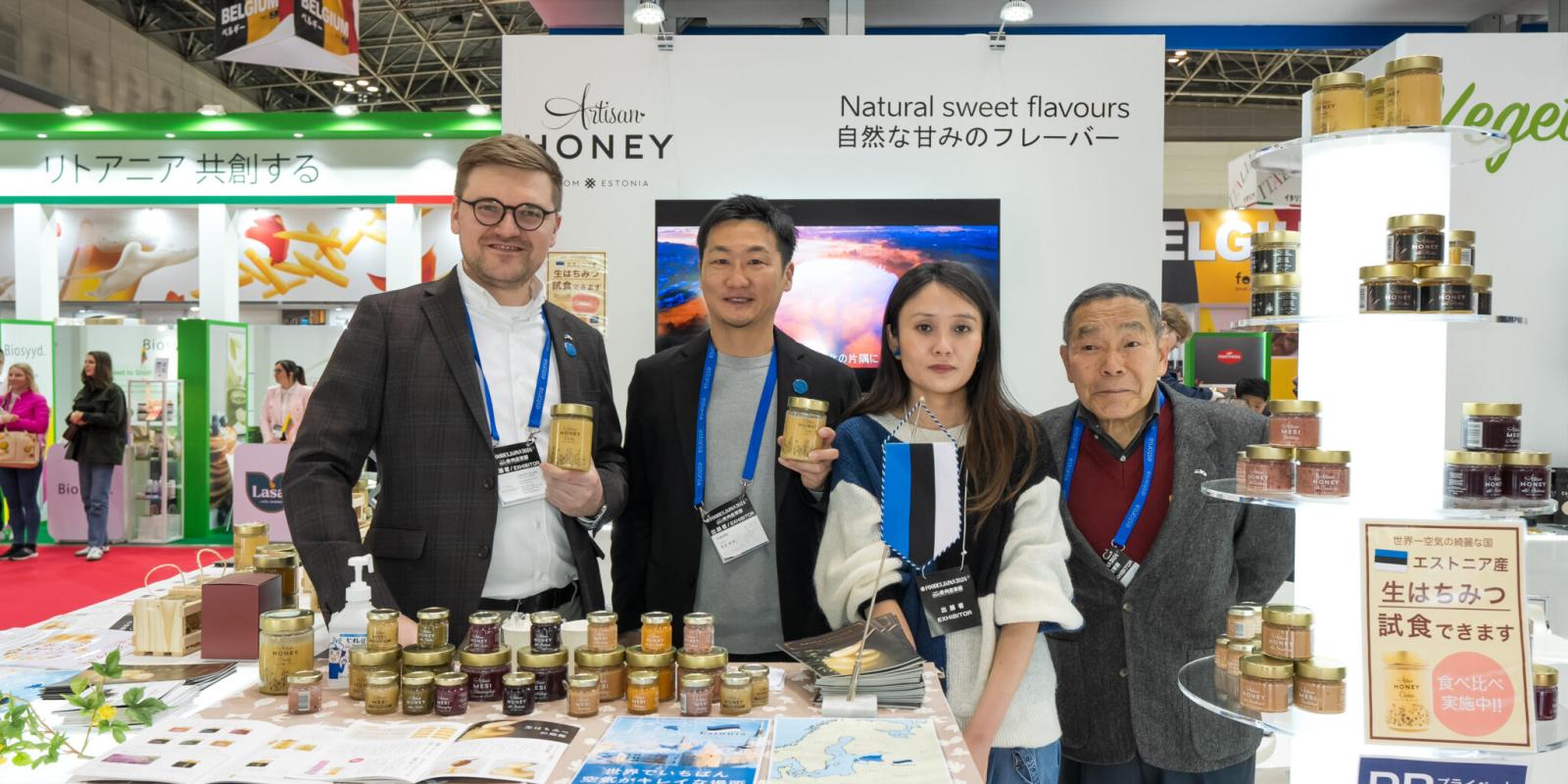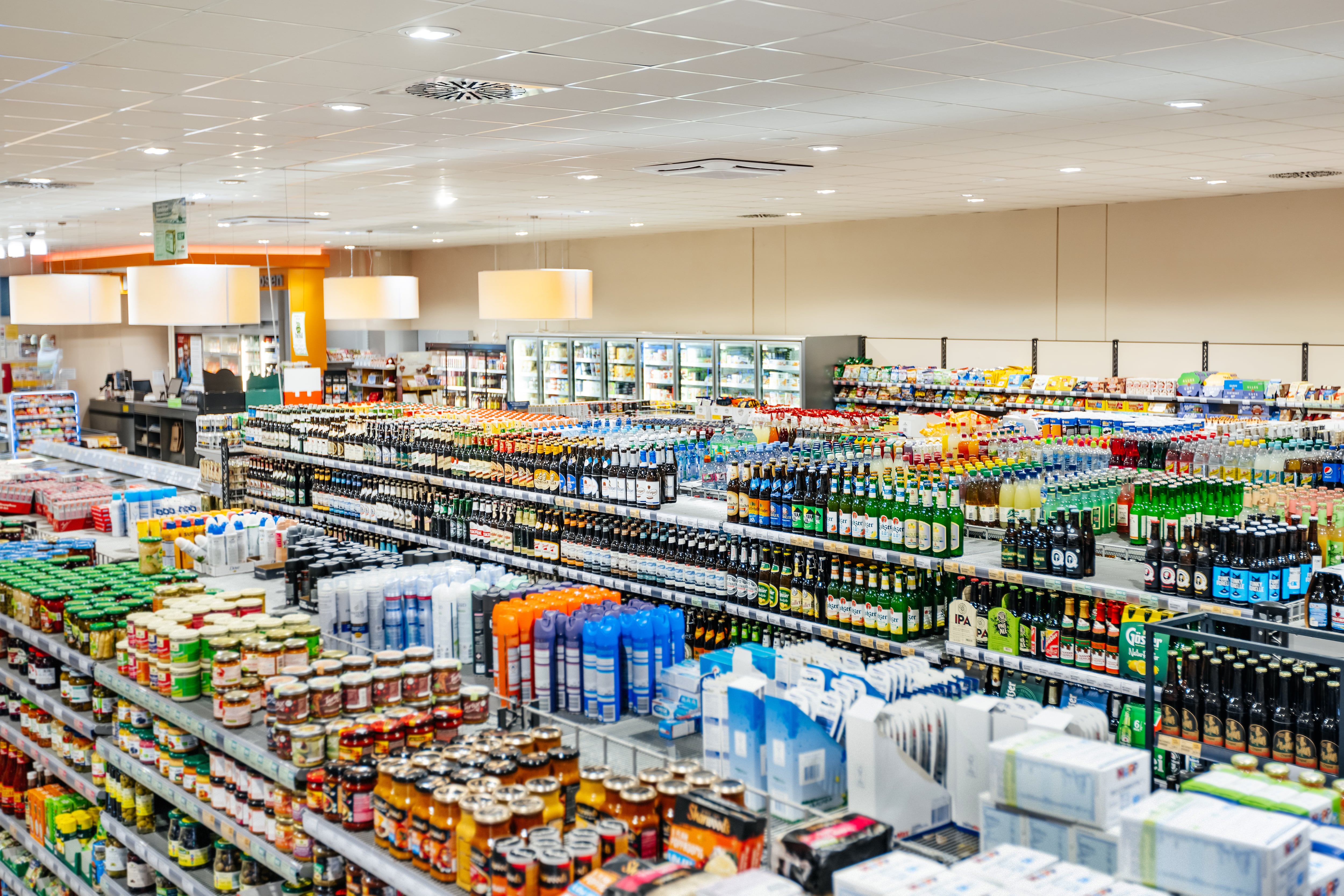South Korea has been concerned about its food supply security after it was impacted by the COVID-19 pandemic, and the Russia-Ukraine war hit its wheat imports, leading it to turn to rice as a replacement.
Most recently, Ministry of Food and Drug Safety (MFDS) Minister Oh Yoo-kyung announced that it had laid out plans in preparation for potential ‘global supply chain deterioration’, ini order to ensure a stable supply of food for South Korea.
“One of the major regulatory revisions within this plan will be to revise the approval process for food firms for their ingredient purchases, allowing them to purchase from other manufacturers than their existing business partners in the case of any disruptions in supply,” she said via a formal statement.
“This means that in cases where serious difficulties arise in securing the materials necessary for food manufacturing, this change will allow the manufacturers to purchase and use the needed items from other partners.
“This has been implemented because previously the regulations limited manufacturers to only being able to change their suppliers in cases where the relevant parties had closed down, gone bankrupt and so on – there has been strong demand from the industry to improve this system [and we support this] in order to secure a stable supply even in times of rapid changes in international situations.”
The addendum made here is for changes to also be approved when companies have ‘serious difficulties in securing raw materials due to war, infectious diseases, natural disasters, etc.‘.
“This will improve the chances for food production in South Korea to proceed smoothly even in times when the supply of imported raw materials is unstable,” she added.
“We are also implementing changes to the processes for online orders from overseas food manufacturers – One of these is our new overseas cyber mall for food imports, which deals with directly delivering products from overseas manufacturers to consumers or stores.
“This will help to reduce costs such as delivery fees as well as clearly manage these, which will in turn help to strengthen the safety management of food directly purchased form overseas.”
Picture perfect
Steps have also been taken to upgrade the safety management of incoming food imports, specifically regarding images submitted of said products in order to ensure these are compliant with requirements.
“At present, importers are already required to submit product images when reporting their imports, but so far no specific standards have been set for these, resulting in missing information or hard-to-view photos, making inspection difficult,” she said.
“We are implementing mandatory detailed criteria regarding information that must be included in these product images, in order to improve the accuracy and efficiency of food import inspections.
“Some criteria will include photos in natural colouration to confirm Korean labelling is present, labelling of the export country of origin, date that the photo was taken and so on, with an emphasis on inclusion of the main display and information labelling of the front of the product as well as any minimum packaging units.”





